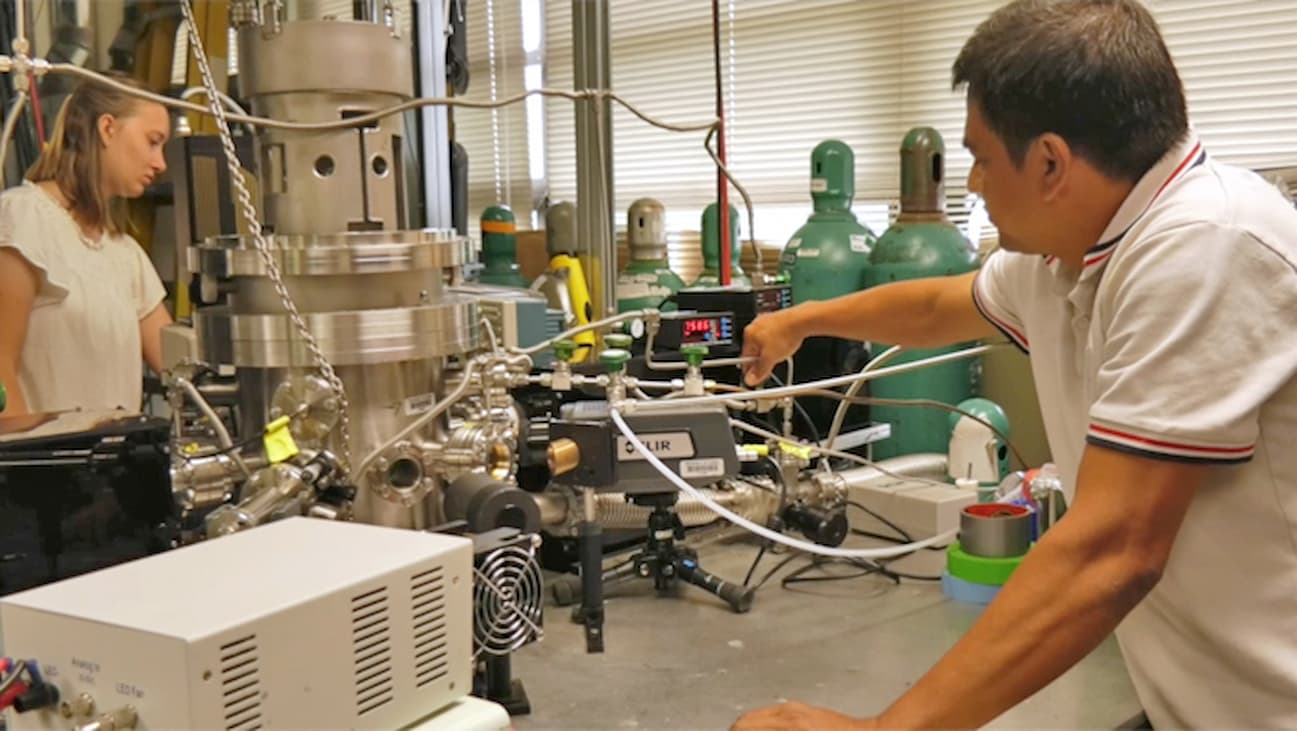The US National Science Foundation (NSF) has announced US$26 million in funding for a cross-university research centre that will look into more sustainable refrigerants.
According to the NSF, the Environmentally Applied Refrigerant Technology Hub (EARTH) aims to create a transformative “sustainable refrigerant lifecycle” by lowering HFC emissions, creating safe, property-balanced replacement refrigerants, and increasing the energy efficiency of HVAC&R systems.
Refrigerant leaking and venting will be addressed by new separation, conversion, security-tagging, and waste-refrigerant-reuse technologies, spurring sustainable decision-making and new startups.
Novel, safe, property-balanced, low-flammability, low-environmental-impact refrigerants will be explored with molecular simulations of candidate fluids, development of solid-state materials, regulatory-impact economic analysis, and corporate-innovation insights.
Higher HVAC&R energy efficiency will be sought through new energy-efficient dehumidification materials, refrigerant-specific leak sensors, alternative refrigeration cycles, systems modeling, life-cycle analysis, technoeconomic analysis, and exploration of corporate, environmental, social, and governance activities.
EARTH will be one of several NSF engineering research centres (ERCs) that aim to tackle specific sustainability challenges. The three other 2024 ERCs will focus on redesigning the use of carbon, using robots to augment human labour, and transforming the use of rubber.
NSF Director Sethuraman Panchanathan says ERCs pose tough, high-level questions to develop solutions that will have wide-ranging impacts.
“NSF engineering research centres are powerhouses of discovery and innovation, bringing America’s great engineering minds to bear on our toughest challenges,” Panchanathan says. “By collaborating with industry and training the workforce of the future, ERCs create an innovation ecosystem that can accelerate engineering innovations, producing tremendous economic and societal benefits for the nation.”
The University of Kansas will lead the EARTH program in partnership with Lehigh University, the University of Hawaii, the University of Maryland, the University of Notre Dame and the University of South Dakota.
 Nick Johns-Wickberg
Nick Johns-Wickberg


Leave a Reply